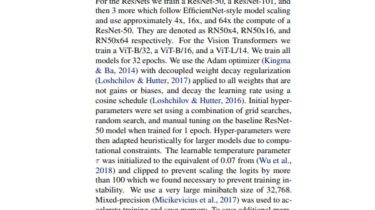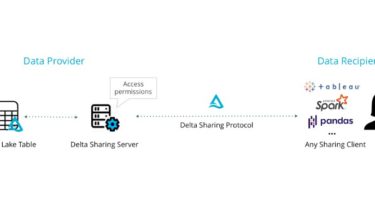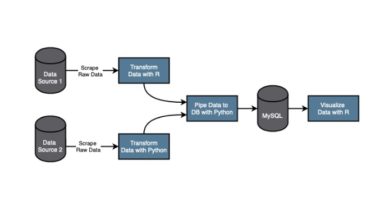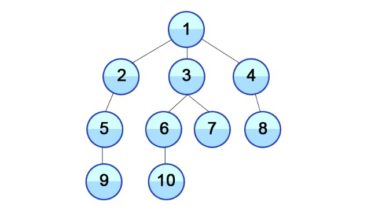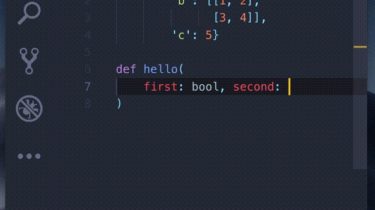A python functions for robotic motion planning and task and motion planning
pybullet-planning (previously ss-pybullet) A repository of PyBullet utility functions for robotic motion planning, manipulation planning, and task and motion planning (TAMP). This repository was originally developed for the PDDLStream (previously named STRIPStream) approach to TAMP. With the help of Yijiang Huang, a stable and documented fork of pybullet-planning named pybullet_planning is available through PyPI. However, new features will continue to be introduced first through pybullet-planning. Installation Install for macOS or Linux using: pybullet-planning is intended to have ongoing support for […]
Read more


